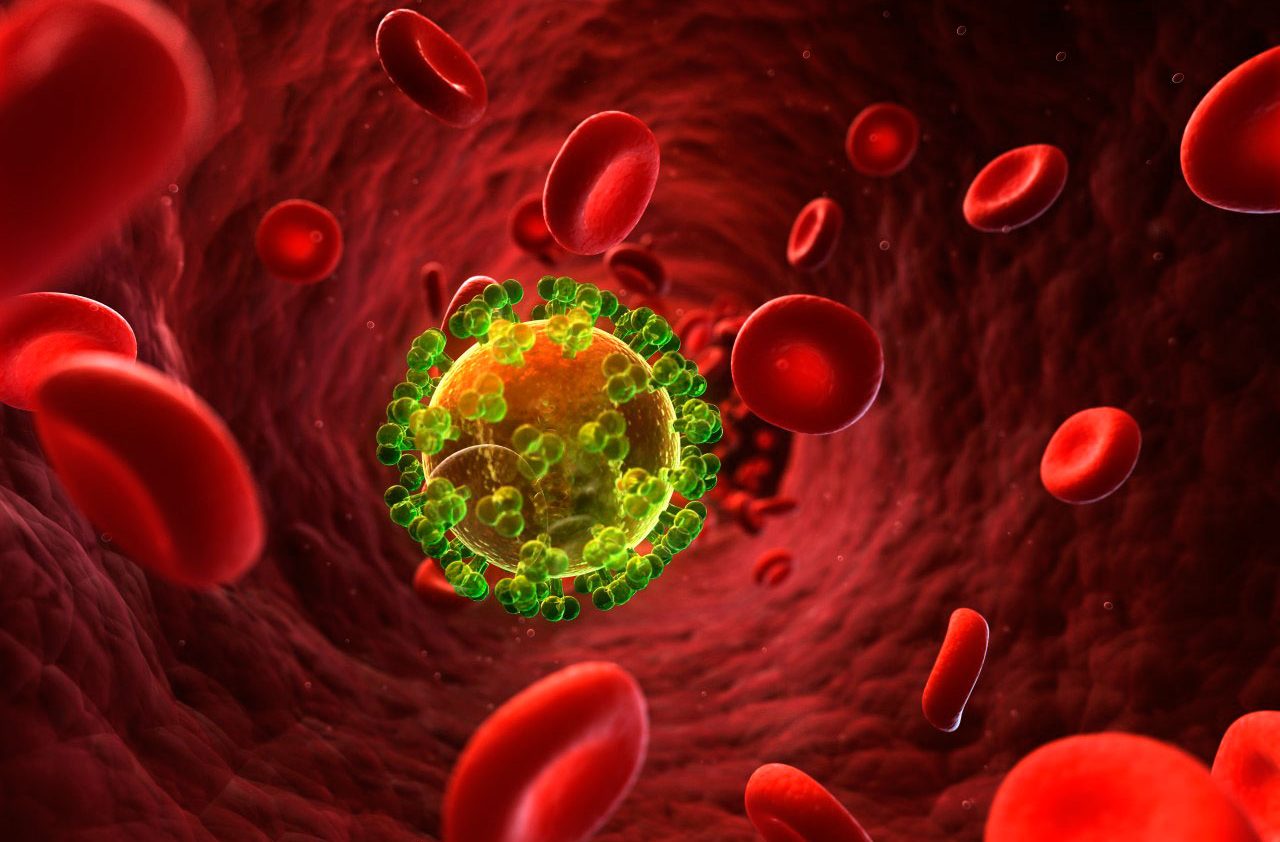HIV Prevention Drugs Are Dramatically Effective

Most insurers are now required to provide HIV prevention drugs for free, which may be making people take fewer sexual risks.
For almost all people with insurance, HIV prevention pills, also called PrEP (for pre-exposure prophylaxis), are free. But clinic visits and lab tests are required, which in the past sometimes had a cost through co-pays or deductibles. Those costs are gone as well.
That’s because the U.S. Preventive Services Task Force has given PrEP an “A" rating, which mandates insurers cover the related costs.
The Food and Drug Administration (FDA) has approved two pills: Truvada and Descovy. Both are generally taken daily, but you can also take them around the time of a potential exposure through sex or IV drug use.
Apretude, the newest option, is a shot you receive two months in a row, then every two months.
YOU MIGHT ALSO LIKE: Some Men Are Still Hesitant to Take the HIV Prevention Pill
Breakthrough infections are still possible with any of the medications, but they’re rare as long as you haven’t missed a dose.
The Apretude injection cuts the risk of infection by two-thirds, compared to Truvada, because people sometimes forget to take their pills or stop using them altogether. In the past, they may have skipped clinic visits and lab tests because of cost, then lost their prescription.
Early on, critics, including leaders in the gay community, have called PrEP pill a “party drug” that encourages men to have sex without condoms. But the PrEP approach has actually been effective in cutting infections.
What is PrEP?
Approved by the FDA in 2012, Truvada is the first drug the agency green-lit to protect uninfected people who may be having sex with people who are infected. The pill contains two anti-retroviral medicines, tenofovir and emtricitabine, that keep the virus from establishing a permanent infection if it enters your body, the Centers for Disease Control and Prevention (CDC) explains. (The CDC estimates taking the medication consistently can reduce the rate of HIV infection by 92 percent.)
Proponents point out that, after many years of public health campaigns promoting condoms, many men still go bare. Research with Truvada also suggests that it tends to make people a bit more cautious than they were before.
Who should take PrEP?
Imagine that you tend to have unsafe sex. You’re probably pretending that HIV doesn’t exist or that you don’t care about your life or have any control over your fate.
If you are taking a pill every day, you acknowledge the danger of HIV. You remember that you don’t want to get sick. You choose to be hopeful that you can avoid it. You’ve changed your thinking in a way that could make you more cautious.
One study focused on a high-risk group: gay or bisexual men who had high rates of other sexually transmitted infections. The participants contracted chlamydia, gonorrhea, and syphilis during the study, but not HIV. The pill emerged as highly effective, especially given that the researchers didn’t know for sure how often participants took it.
PrEP is recommended for people at high risk of HIV infection, which includes:
- Gay or bisexual men who have anal sex without a condom
- Intravenous drug users who share equipment
- Heterosexual men and women who don’t regularly use condoms during sex with high-risk partners
About a quarter of the 1.2 million people for whom PrEP is recommended have a prescription, according to the FDA.
Truvada is for people at risk through sex or injection drug use. Descovy is for people at risk through sex, but not vaginal sex. Apretude is for both men and women at risk through sex.
YOU MIGHT ALSO LIKE: Big Advances Against Human Immunodeficiency Virus (HIV)
Updated:
April 13, 2023
Reviewed By:
Christopher Nystuen, MD, MBA and Janet O'Dell, RN